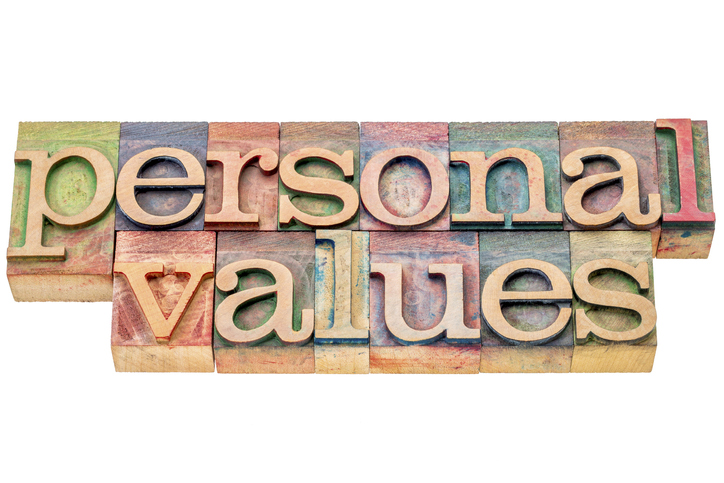It would appear that a company by this name Road Tek Bitumen and using this logo are falsely listing themselves as operating from the same building at our business, M1 Psychology.

Just in case you were trying to find them, they are not at Loganholme that is for sure!
Apparently quite a few people are seeking an actual address.

